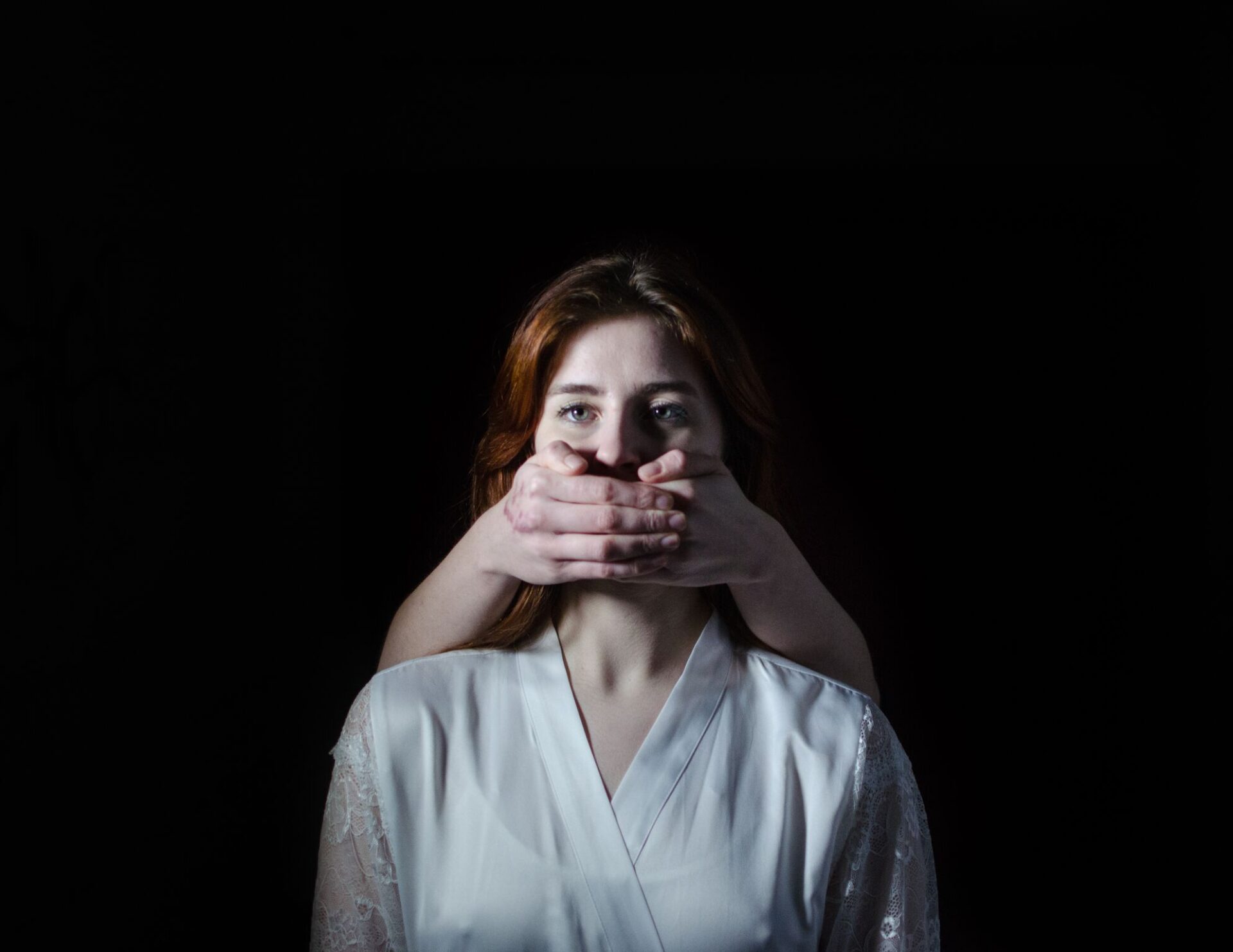Manchester based artist RUNAH (pronounced “Roo-nah”) confronts the need to talk about mental health as a society with her new single ‘The Silence’. Taken from her debut EP ‘We Only Go To Church In Winter’ (released late 2017), RUNAH says, “the song, lyrically, explores feelings of isolation, pain and bodily disconnection, which can be felt not only by the sufferer, but also by those who seek to support them. It’s of great importance to me to acknowledge both parties.”
The accompanying visuals, shot between a disused warehouse in Ancoats, Manchester and on National Trust land, features creative modern dance techniques, often a centrepiece of RUNAH’s live performances. Lyrically the song depicts a conversation between two people which, at it’s core, is about compassion and love. With a classical undertone this pulsing electro pop song features RUNAH’s stately vocals.
To celebrate the release RUNAH has written a blog on mental health, stigma and sharing for us read here:
Mental Health by RUNAH
There has been a consistent fetishisation of mental health issues in creative individuals, the tortured artist stereotype, always prevalent. This has potentially been a roadblock in the way that we identify and view poor mental health in creative areas.
Help Musicians UK found that musicians are three times more likely to suffer from depression. After surveying 2,211 musicians they found that 71% suffered from panic attacks and/or heightened anxiety, they also found that 65% suffered from depression.
With a career in music for the average person including a part-time or full-time job juggled alongside their pursuit of music, time is precious and precarious. Hard-working individuals, who are consistently living with the belief that what they do is not enough, surround me. With social media playing its role in our lives, consistently beckoning comparison alongside our face-to-face communication, we ultimately start to conduct our lives in over glossy, speech bubbles rather than thoughtful communication. This encourages and ingrains the belief that others are always busier or harder working than ourselves, contributing to anxiety and lack of self-worth.
Could part of combatting poor mental health be in our exchanges, understanding that vulnerability, can in fact, be positive in our conversations giving people a more honest view of life, diminishing the feeling of being alone amongst our social circle?
Although not a new thought, this honest change in our social interactions seems to be repetitively talked about for a reason. After all, a strong social circle built on honesty can change a cycle of poor mental health, or at least to alleviate certain stresses during these periods.
From childhood we are given tools to understand arithmetic and grammar, but our education seems to gloss over the tools we need to look after our mental health and move through stressful situations. It seems odd to me that there is no emphasis on these skills. No matter what life path you choose, you will experience, stress, anxiety and at times lack of self-belief. As children we are so often taught to avoid pain, both physically and mentally. This seems counter-intuitive, as we cannot avoid pain but we can learn skills to help us through challenging moments.
There has been a wave of musicians opening up about their own mental health struggles, especially since 2016, with big name artists coming forward with a renewed openness. Although this is a positive step forward in combating the stigma surrounding mental health, many of these individuals’ lives, seem to many, unrelatable.
Again I come back to honest and open communication, in person. It is easy for social media to glorify mental illness in the wake of pushing for more conversation around the subject. It is natural that a subject can become, for want of a better term, fashionable. In my own humble opinion learning to share honestly and vulnerably with those around you and to move away from our devices and whatever identity we have attached ourselves to being, whether it is as an artist, musician or sales person, we are also human and engaging in the world around us in a real and tangible way that will allow us to make a difference from the ground up.




